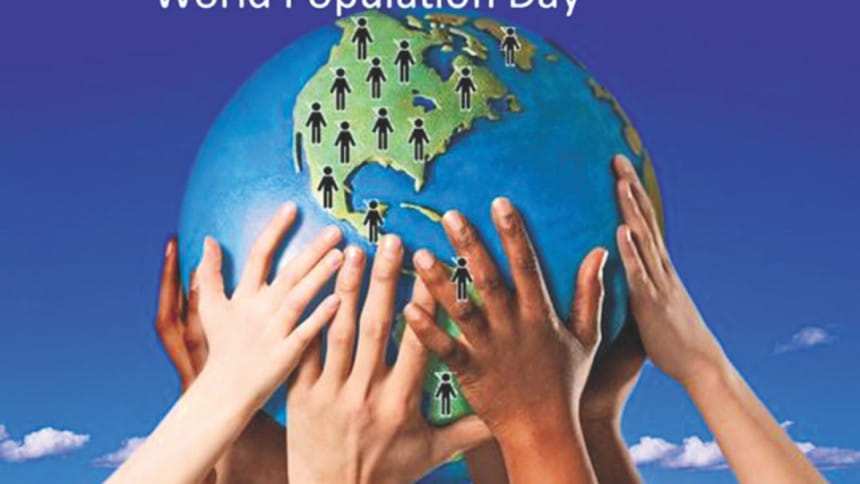Right to safe family planning

In 1989, the Governing Council of the United Nations Development Programme recommended that 11 July be observed by the global community as the World Population Day. By resolution 45/216 of December 1990, the United Nations General Assembly then decided to continue observing World Population Day to enhance awareness of population issues, including their relations to the environment and development. In order to focus attention on the urgency and importance of population issues, the Day is observed worldwide.
The World Population Day was first marked on 11 July 1990 in more than 90 countries. Since then, a number of UNFPA country offices and other organisations and institutions commemorate World Population Day, in partnership with governments and civil society. This year's theme is “Family Planning: Empowering People, Developing Nations.”
Access to safe, voluntary family planning is a human right. It is also central to gender equality and women's empowerment, and is a key factor in reducing poverty. Investments in making family planning available also yield economic and other gains that can propel development forward.
Yet around the world, some 225 million women who want to avoid pregnancy are not using safe and effective family planning methods, for reasons ranging from lack of access to information or services to lack of support from their partners or communities. Most of these women with an unmet demand for contraceptives live in 69 of the poorest countries on earth.
This year's World Population Day, 11 July, coincides with the Family Planning Summit, the second meeting of the FP2020 – Family Planning 2020 – initiative, which aims to expand access to voluntary family planning to 120 million additional women by 2020.
The United Nations Population Fund (UNFPA) works with many partners, both within and outside the United Nations system. UNFPA works to support family planning by: ensuring a steady, reliable supply of quality contraceptives; strengthening national health systems; advocating for policies supportive of family planning; and gathering data to support this work. UNFPA also provides global leadership in increasing access to family planning, by convening partners – including governments – to develop evidence and policies, and by offering programmatic, technical and financial assistance to developing countries.
Compiled by Law Desk (SOURCE: UNFPA.ORG).

 For all latest news, follow The Daily Star's Google News channel.
For all latest news, follow The Daily Star's Google News channel. 



Comments